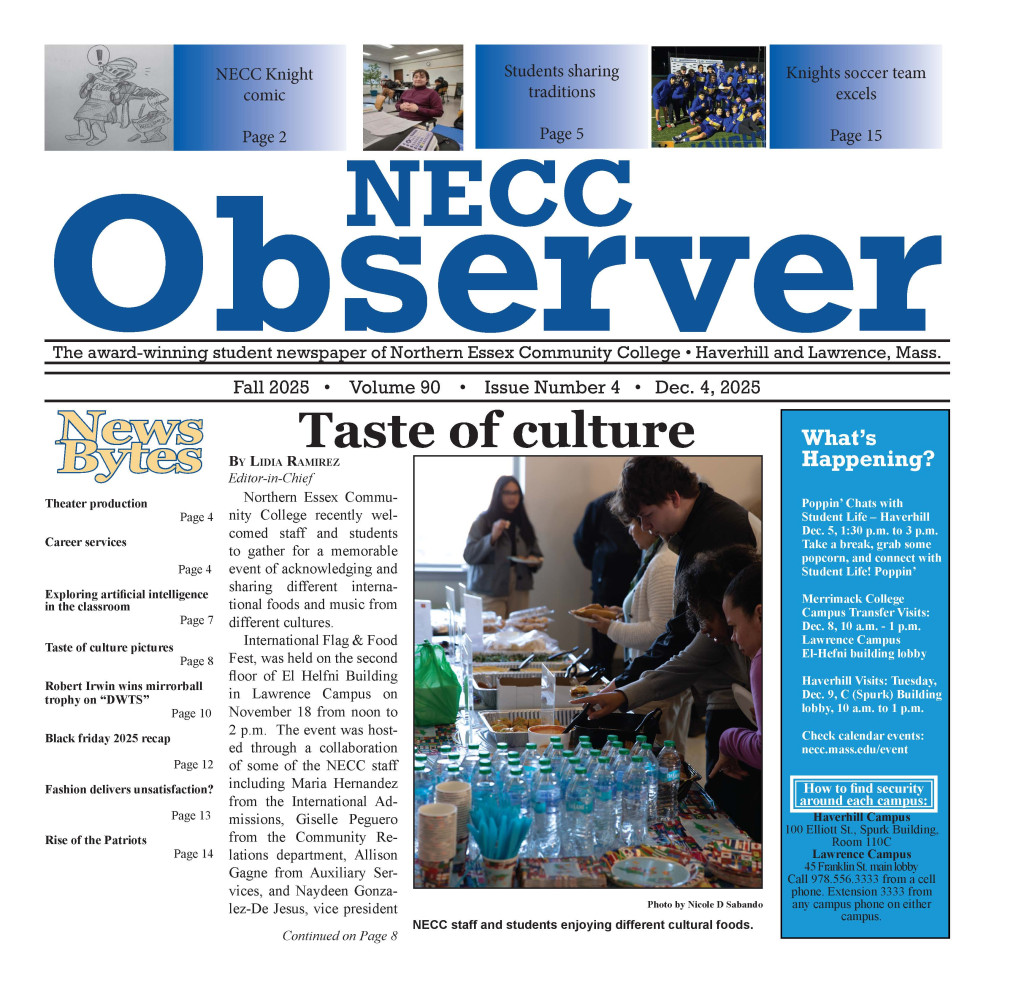Fearless Krista Titone grew up in the suburbs of Hampstead, NH, an only child, raised by both her grandparents and father. As a child she felt safe, supported and loved by her friends and neighbors. Titone says “I had the most amazing childhood and am so very very grateful to my grandparents for taking care of me and giving me the best life.”
In her adolescence she attended an all girls Catholic school, Presentation of Mary Academy in Methuen, MA, in a time where education was valued and she was expected to do well in her studies and never give up. She then went on to receive her masters in community and social psychology at UMass Lowell and her Ph. D in social psychology at Walden University. Throughout her life Titone has exhibited her athletic skills, playing soccer and Division III softball and basketball in college.
Titone says “I am grateful I was a child of the 1980’s and 1990’s. It is not quite the same anymore for kids and it’s disappointing. I am so glad I grew up without cell phones and computers. I don’t feel old at 37, but sometimes I feel it when I speak to my students and realize how dramatically different their childhoods were.”
In the philosophical argument of nature over nurture, Titone more frequently recognizes nurture. She says “I do not believe I would be the person I am today if it wasn’t for the wonderful experiences and healthy environments I grew up in…I learned tough love and it worked. It pushed me to always be better and I am grateful.”
On pursuing a degree in psychology, Titone says, “I am fascinated with human behavior and always have been. I took my VERY first Introduction to Psychology course at Northern Essex one summer back in 2002! I instantly fell in love.”
She says, “Honestly, as cliche as it sounds, my love for teaching and my love for psychology are what motivates me in my teaching career. My passion drives me each and every day. When my students are in the classroom and they are interested and engaged, that keeps me motivated and loving what I do.”
Titone is zealous, analytical and ambitious yet sensitive. Her wife, Cheryl, would describe her as driven, funny, intelligent, and optimistic. Her greatest achievement thus far is receiving her Ph. D by the age of 30 and as she grows she’d like to ameliorate her level of patience, both in and out of the classroom.
Titone enjoys reading non-fiction, running and summer days by the pool. She also appreciates trying new, sour beers and loves road trips with her wife and two dogs. She says, “I am a crazy cat lady. My wife and I adopt senior and hospice cats so animals are our passion and our love.” She also says, “We have rescued so many senior and hospice animals and given them many extra months through our love and attention.”
She disfavors the winter and fiction books, fruit and coffee, and especially detests mornings. She says, “I hate getting up early. I’m much more of a night owl!”
Her strengths include teaching, she exuberantly comments “I’d like to think! Ask my students!”, and working efficiently. Her weaknesses she says are “…cooking, doing anything crafty, I am not creative.”
Titone’s biggest fear has always been losing her grandmother. Since she was a young girl, she has deeply cherished their relationship. She says “She was my “mother”, my best friend, and my everything. I owe her everything and I made sure to tell her that before she passed. I know she is proud of me and I will always be grateful for her. She loved me deeply and I loved her deeply and always will.”
Passionately, she says “I am very much like my grandmother and I want to be her living legacy. I want to continue to be successful in my teaching career and in my separate real estate career. I want to make an impact on my students always and I want to inspire them to pursue their dreams in psychology. I want to continue to inspire my students to value education and not give up on their dreams. If I can make that happen, I’ve done my job.”

